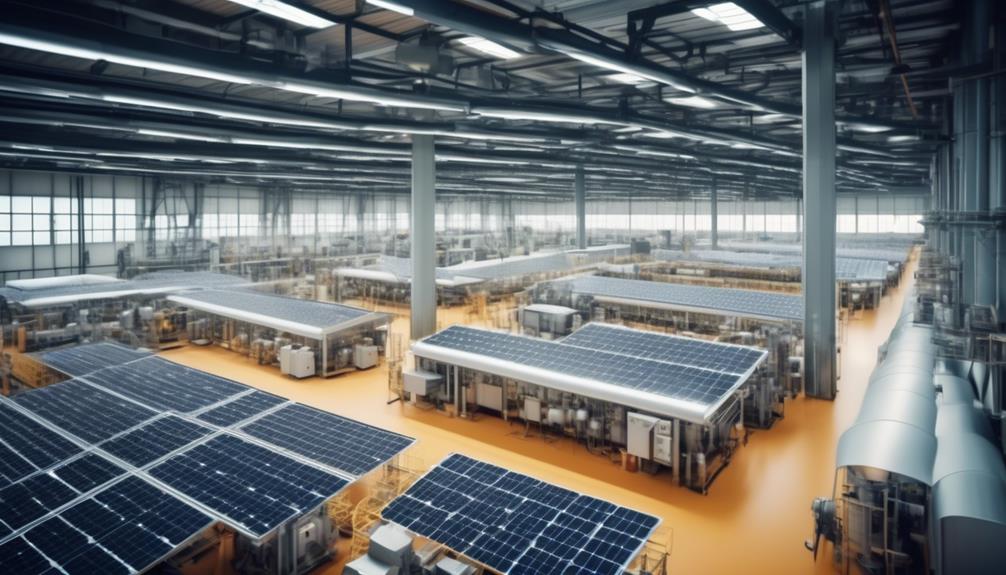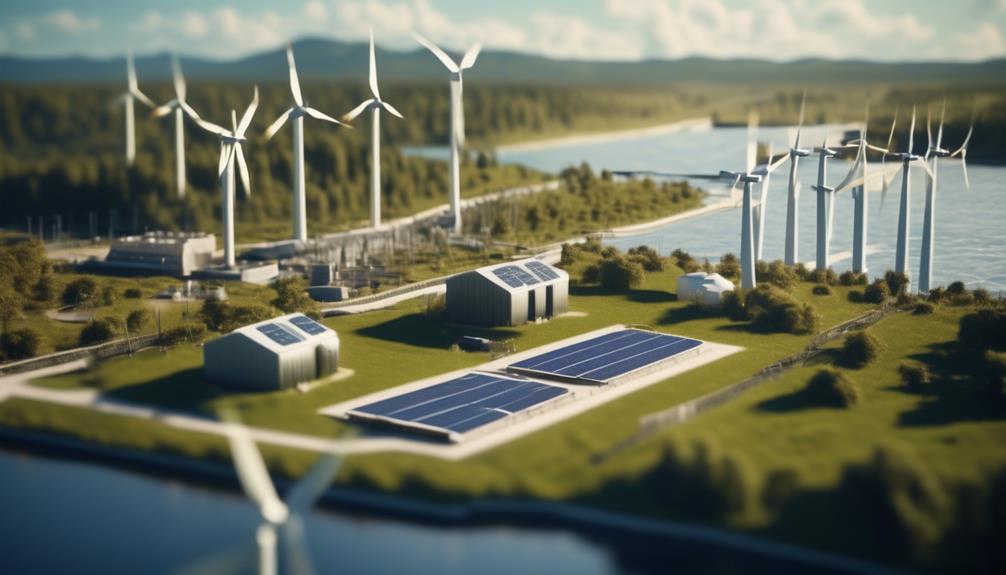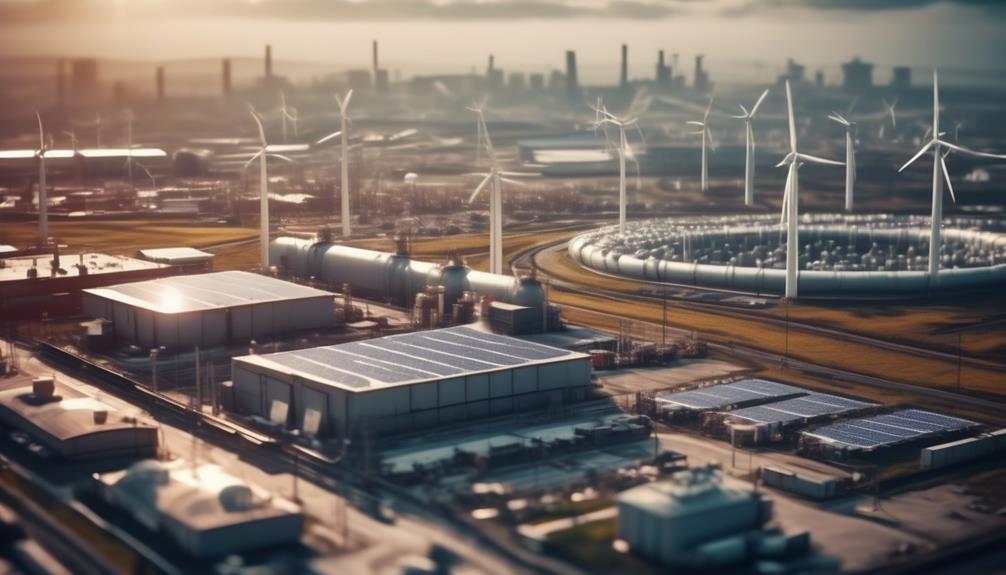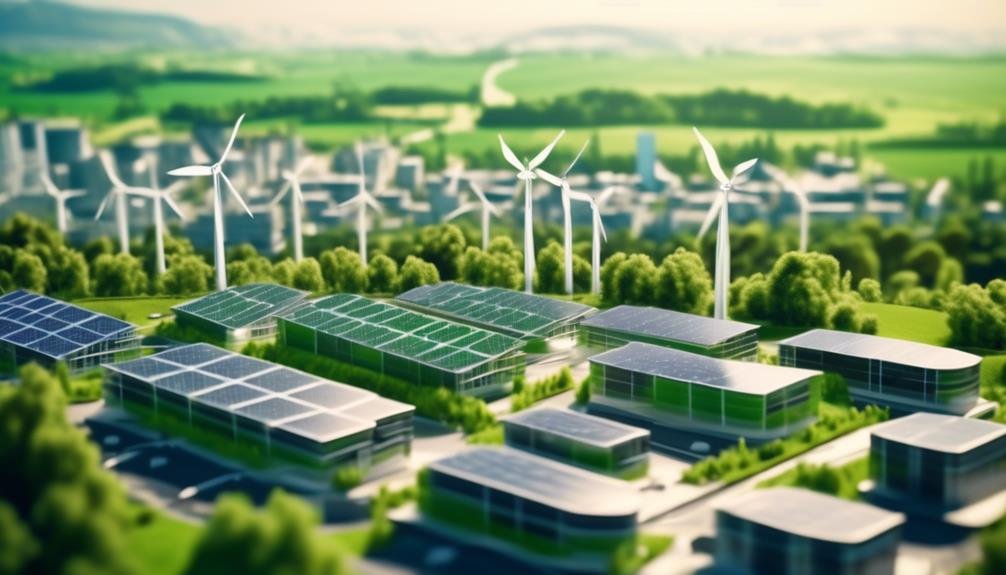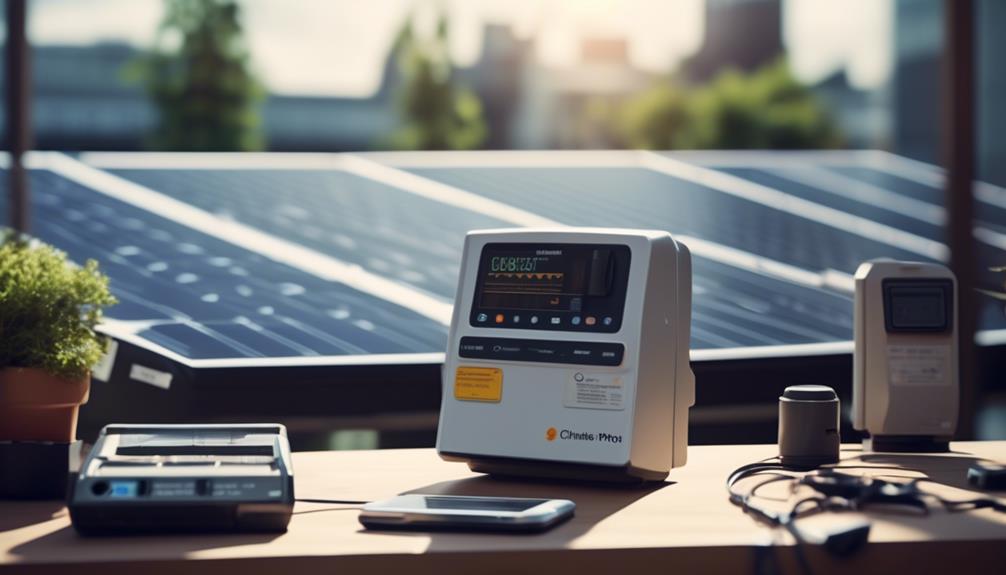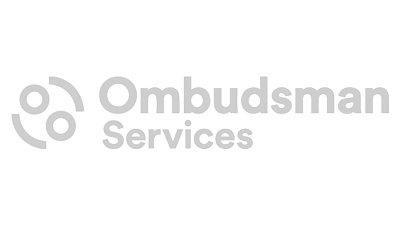In an era where energy demands soar and operational costs climb, businesses in the industrial sector are on a continuous quest for strategies to streamline their energy consumption. This pursuit is not just about staying economically viable; it’s about committing to a more sustainable future.
Recognising the complexities of managing energy efficiency, this article delves deep into the advanced solutions that can transform energy use in industrial settings. With an approach grounded in the latest technological advancements, we aim to unveil pathways not only to minimise energy costs but also to bolster environmental responsibility.
Understanding the unique challenges that come with optimising industrial energy, we draw on a wealth of expertise to explore innovative energy management technologies. These solutions promise to redefine the standards of efficiency and sustainability in the industry.
As we navigate through these promising avenues, our discussion is tailored to meet the specific needs of businesses looking to enhance their competitive edge while honouring their commitment to the planet. Join us as we embark on this enlightening journey, equipped with the insights and strategies to achieve optimised energy utilisation, encouraging readers to explore the transformative solutions that lie ahead.
Advanced Energy Management Solutions
Advanced energy management solutions are critical for optimising building operations and achieving substantial environmental responsibility impact. In the industrial sector, efficient energy management is crucial for reducing consumption and costs while maximising sustainability efforts.
Digitalisation plays a pivotal role in enhancing energy efficiency, relying on robust data collection and analysis for informed decision-making. Smart meters and sensors enable seamless energy data collection, communication, integration, and monitoring, empowering businesses to implement advanced energy management systems. Yokogawa’s Energy Excellence Management System (EEMS) extends these capabilities to industrial settings, such as data centres and offices, providing real-time monitoring and continuous improvement opportunities.
The collaboration between IT and OT, leveraging digital solutions like EEMS, strengthens energy management capabilities, allowing businesses to exercise greater control over their energy usage. By implementing advanced energy management solutions, industrial enterprises can effectively reduce energy consumption, optimise operations, and prioritise sustainability goals.
This proactive approach not only aligns with environmental responsibility but also contributes to significant cost savings and operational efficiency. Therefore, embracing advanced energy management solutions is essential for businesses seeking to achieve comprehensive control over their energy usage and environmental impact.
Industrial Energy Control Innovations
Industrial energy control innovations encompass cutting-edge solutions that leverage digitalisation, smart meters, and predictive analytics to optimise energy usage and minimise environmental impact in industrial settings.
These advanced technologies offer businesses the capability to implement sophisticated energy management strategies and achieve energy efficiency in industrial operations. Real-time energy monitoring enables businesses to identify consumption patterns, detect inefficiencies, and make data-driven decisions to optimise energy usage.
By integrating advanced controls, businesses can reduce energy consumption, leading to cost savings, operational efficiency, and sustainability. Additionally, predictive analytics play a crucial role in anticipating energy demands, minimising waste, enhancing decision-making, and enabling proactive maintenance in industrial facilities.
These innovations not only contribute to regulatory compliance but also extend the lifespan of equipment, reducing the environmental footprint of industrial operations. Ultimately, industrial energy control innovations empower businesses to make informed decisions that positively impact their bottom line and the environment.
Industry 4.0 Energy Optimisation
Industry 4.0 Energy Optimisation builds upon the foundations of industrial energy control innovations by harnessing digital technologies to enhance energy management and efficiency in industrial operations. This approach leverages smart energy management systems, advanced energy controls, and data analytics to optimise energy consumption patterns in industrial facilities.
By integrating IoT, AI, and data analytics, Industry 4.0 Energy Optimisation enables real-time monitoring, analysis, and predictive maintenance, supporting data-driven decision-making. Advanced sensors play a crucial role in collecting granular data, facilitating predictive maintenance and optimising energy usage patterns.
The benefits are substantial, including improved operational efficiency, cost savings, enhanced sustainability, regulatory compliance, and increased equipment lifespan. Businesses can significantly reduce their carbon footprint by reducing energy usage and optimizing energy consumption through the adoption of these digital technologies.
Industry 4.0 Energy Optimisation empowers businesses to take control of their energy usage, aligning with their goals of operational efficiency and environmental responsibility.
Sustainable Energy Innovations
Sustainable energy innovations, encompassing digitalisation, smart meters, sensors, and energy management systems, are pivotal in reducing energy consumption and carbon emissions in industrial buildings. The integration of these innovations enables businesses to optimize energy consumption and enhance energy efficiency, leading to significant energy savings and reduced environmental impact.
Key advancements in this area include:
- Real-time Monitoring of Energy
Implementing advanced sensors and smart meters allows for real-time monitoring of energy usage, providing valuable insights into consumption patterns and areas for improvement. This real-time data empowers businesses to make informed decisions and quickly identify opportunities to reduce their energy usage and costs.
These solutions offer enhanced energy management capabilities, enabling businesses to conduct thorough energy audits and identify areas for improvement. By leveraging sustainable energy innovations, industrial facilities can effectively reduce their energy expenses, improve operational efficiency, and align with regulatory compliance, fostering a more sustainable and environmentally responsible approach to energy management.
Key Strategies for Industrial Efficiency
By implementing advanced energy management solutions, businesses can effectively optimise their operational efficiency and reduce energy consumption in industrial settings. Tracking energy consumption and analysing energy usage patterns are key strategies for industrial efficiency. With robust data collection and analytics, businesses can identify areas for improvement and unlock significant cost savings.
Incorporating renewable energy sources and sustainable energy solutions not only reduces greenhouse gas emissions but also contributes to long-term cost savings. Digital transformation plays a crucial role in achieving operational efficiency, enabling predictive maintenance and real-time monitoring of energy usage. Smart meters and sensors are essential for monitoring and managing energy consumption, lighting, air quality, and occupancy, further enhancing control and efficiency.
Collaborating between IT and OT is vital for data-driven sustainability, and digital solutions such as Yokogawa’s EEMS strengthen energy management capabilities, offering real-time monitoring and predictive maintenance for industrial buildings, data centres, and offices. This holistic approach to energy management empowers businesses to make informed decisions and drive sustainable industrial efficiency.

